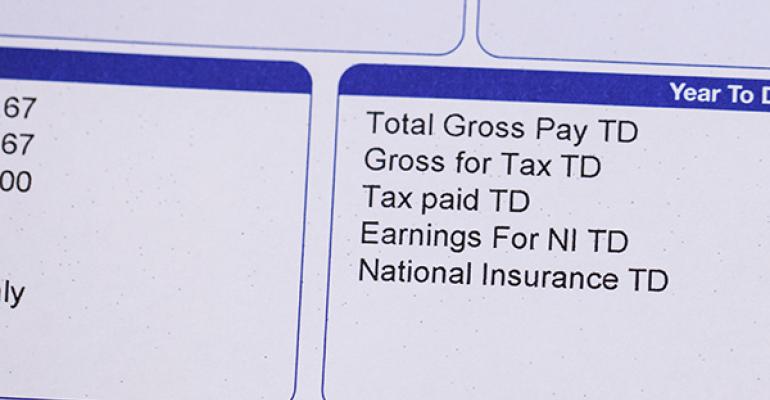Payroll is a tedious, time-consuming and necessary function for any business. And, with employees and Internal Revenue Service both having something to gain, planning for and strategically managing payroll are crucial.
Daniel Petri, associate licensed tax professional at the Tax Defense Network, a tax resolution company, offers the following suggestions to streamline the process.
1. Plan accordingly for slow months.
Restaurants that are more seasonally based, earning the majority of their income in the summer, for example, struggle with cash flow if they don’t forecast their expenses—including payroll.
“You need to make sure you are budgeting your funds out to account for these slower months,” Petri says. “You won’t have a lower rent payment in the winter, even though your income is not as high.” Owners who don’t project out for whole year often end up paying business operating expenses using funds earmarked for taxes.
Petri recommends keeping a general profit and loss statement on an ongoing basis. During the first year of operations it might be hard to show all the income coming in and the ongoing expenses. After the first year is complete, he says, the owner should compare profits during various months and stash away profits in a savings account to handle expenses during slow times.
2. Consider farming out payroll administration.
Payroll is relatively simple with just a few employees, but once a restaurant has 10-15 staff members, “that could be a full-time job for somebody,” Petri says. Why?
Managing all the state and federal withholding taxes, filing returns, making bimonthly deposits to an IRS account and state revenue account and other tasks. With an outside payroll service, the restaurant manager or owner only needs to ensure adequate funds are deposited in a bank account.
“The majority of small business owners aren’t experts in payroll, nor do they have the time needed to properly handle the responsibilities of payroll,” Petri says. The IRS and the majority of states issue large penalties when payroll tax returns aren’t filed on time or in the proper format (increasingly electronic), as well as when withholding deposits are not made on time time or in full, he says.
3. Establish a second business bank account that is used only for the payroll.
This is a great way to make sure everything you need to go to employees and the tax authorities will be available and not used for other expenses.
4. Never pay business expenses from funds that are being held in trust by the restaurant on behalf of either the state or the IRS.
hese funds include sales tax revenue and withholding taxes. “The IRS and many states can and will hold restaurant owners (or any small business owner) personally liable for any trust funds that were not properly deposited to the necessary government entity.”





